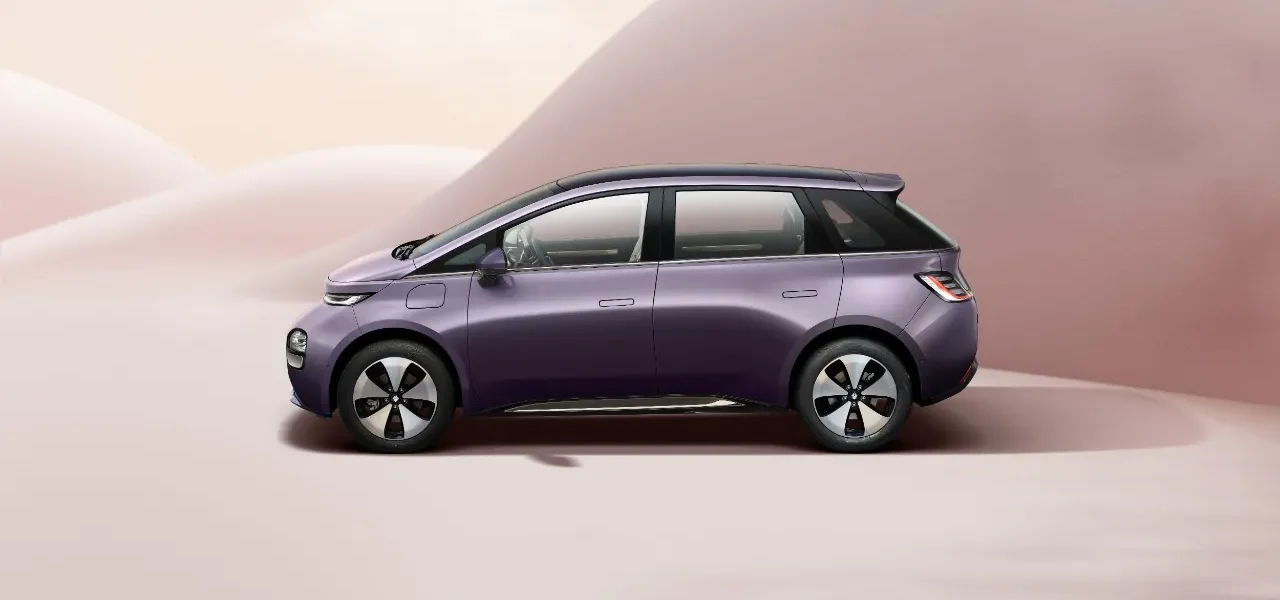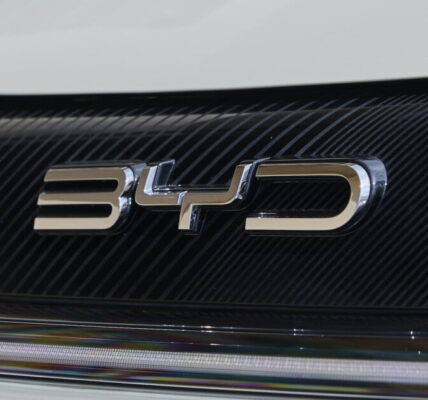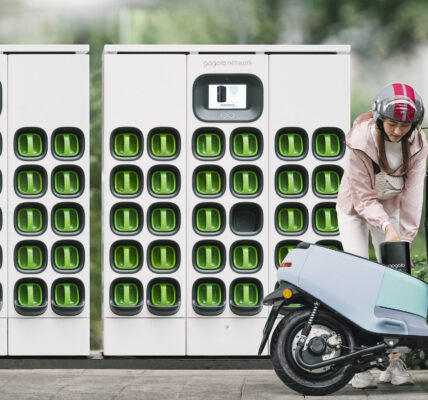GM’s joint venture (SGMW) launched the Baojun Cloud electric hatchback on Thursday in China, starting at 95,800 yuan ($13.2K).
SGMW is a joint venture between General Motors, SAIC, and Wuling Motors in China. The company sells vehicles under the Wuling and Baojun brand names.
In 2020, SGMW launched the Wuling Hongguag Mini EV, an extremely affordable microcar with a starting price tag of around $10,000. After only a year on the market, the Mini EV topped Tesla’s Model 3 sales in the region.
Since its launch, the electric microcar has earned several variations, including a Mini EV convertible and Wuling Air EV (also known as the MG Comet in India), the automaker’s first international EV.
The automaker has built upon Mini’s success with several new all-electric releases, including the Baojun Yep (that looks like a mini Ford Bronco), arguably one of the most exciting cars to hit China’s market.
SGMW also launched the sub-$10,000 Wuling Bingo at the end of March, generating an impressive 16,383 deliveries in its first month on the market. The JV launched its second EV this year under the brand.
GM-SAIC-Wuling launches Baojun Cloud EV
GM’s joint venture, SGMW, officially listed the Baojun Yunduo (Cloud in English) on the Chinese market Thursday, according to a new press release.
The Baojun Cloud is an electric hatchback starting at 95,800 yuan ($13.2K). The five-seater compact EV is available in four versions (360 Plus, 360 Pro, 460 Pro, and 460 Max) between 95,800 yuan and 123,800 yuan ($17.1K).
At 4,295 mm long, 1,850 mm wide, and 1,652 mm tall, the Boajun Cloud EV is expected to compete against the BYD Dolphin and Volkswagen ID.3.
In comparison, BYD’s Dolphin is 4,125 mm long, 1,770 mm wide, and 1,570 mm tall, so slightly smaller than GM’s new Baojun Cloud EV.
Now this (& the cheap ID3 being sold at similar price in China) is what the Bolt (and cheaper Tesla) should target! Could sell like hotcakes in the US if under $20K price; likely would be higher cost than China due to either import tariffs or producing here (higher labor cost tho partially offset by incentives).
The electric five-seater is offered in two different battery options, 37.9 kWh and 50.6 kWh, for 360 km (223 mi) and 460 km (285 mi) cruising range, respectively.
Inside, you will find an 8.8-inch full LCD instrument screen and either a 10.1-inch or 15.6-inch central control screen. The electric model is also the first to feature LingOS 2.0 ecological cockpit.
In early June, Volkswagen slashed prices on its ID.3 electric car to keep up in China’s competitive EV market. The move has paid off so far, with SAIC-VW announcing ID.3 sales climbed over 300% last month to 7,378 units.







